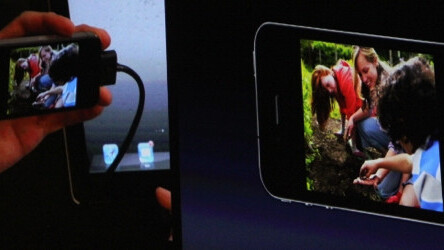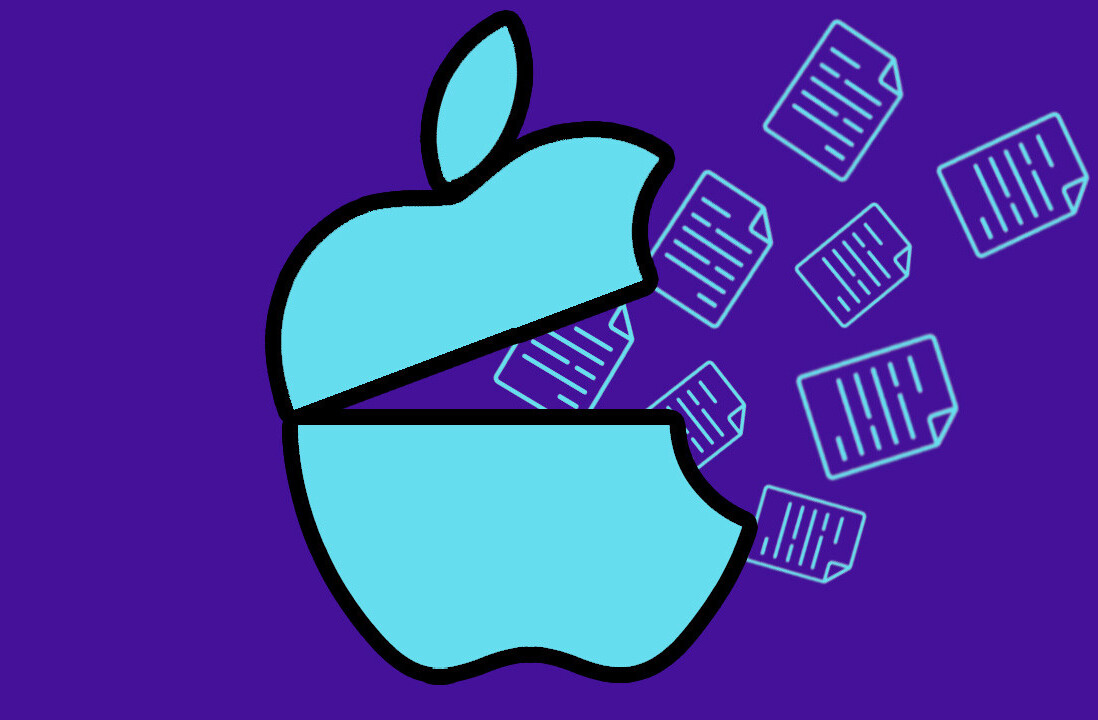
Apple’s announcements at WWDC included a large array of improvements to iOS, including beefier AirPlay support, wireless syncing with iTunes and iCloud backups. Fraser Speirs, the Head of IT at Cedars School of Excellence in Greenock, Scotland, recently took a look at what those new features mean for an educator using iPads in the classroom.
Speirs and Greenock have been involved in an ongoing project to use the iPad extensively in classrooms since August of 2010, when it deployed 115 iPads to its students and teachers. Since then, Speirs has been documenting the many challenges and successes of the iPad project on his blog, Speirs.org.
A recent post, entitled “Thoughts from the Classroom on WWDC” details how Speirs thinks that some of the new features of iOS and Lion will fit in in the classroom. We thought that many of them were fantastic and worth mentioning again here to help get the word out about how cool teaching with iPads can be.
The first feature that he seems excited about is AirPlay display mirroring for iPad 2. This feature allows users with an iPad and an AppleTV attached to a display to mirror the entire display of the iPad 2, not just photos or videos.
“It gives you wireless Keynote presentations from anywhere. It gives you Penultimate in your hand without the cable tying you to the front. It puts any web resource that anyone found useful on your classroom wall. It lets you have any child take over the display to show their work without “standing up in front of the class” to do so.”
The addition to AirPlay mirroring to the base system means that developers don’t have to enable it in every app that they want to be able to be mirrored. Instead every app automatically becomes ‘mirorrable’. One addition that Speirs doesn’t talk about is the ability to use an external monitor as a secondary display. That’s one that I think will come in handy for Keynote presentations and teachers who want to organize things on the iPad while displaying something else on an external display.
The ability to back up iPads via wireless sync is another item that Speirs sees applications for at Cedars.
“While I still don’t think we can (or would want to) give younger children accounts, the ability to back up and sync an iPad wirelessly to iTunes means that we would no longer need a computer in every Primary classroom. One large-ish computer on the network running iTunes could theoretically serve as the backup machine for an entire Primary department’s iPads – with no intervention from the teacher. Huge win.”
iCloud backups are well and good if everyone has their own iTunes account but, as Speirs points out, children under 13 are precluded from having their own accounts by iTunes’ Terms & Conditions. This makes the idea of a centralized ‘backup server’ an attractive workaround. The computer would host all of the backups for devices and could be used to get an iPad back up and running if lost or damaged.
While Speirs is optimistic about the way that iCloud, AirPlay and other features of iOS and Lion will help the iPad program at Cedars, he says that they’re easily a year out from deployment as iOS 5 doesn’t launch until the fall and they’ll need time to test beyond that. It’s nice to see that the new features announced at WWDC have a practical educational application, besides just the cool factor.
For much more on the iPad project at Cedars, and his thoughts on iOS 5 in the classroom, be sure to check out Speirs.org.
Get the TNW newsletter
Get the most important tech news in your inbox each week.




